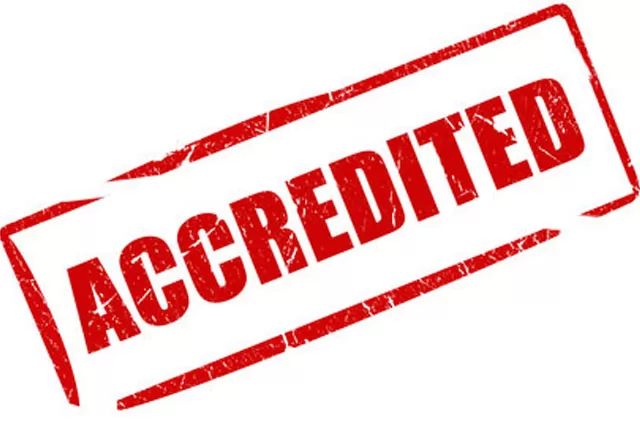
More than 10,000 MBA programs worldwide – how do you know what quality they offer and how do you define quality? This is where accreditations come into play – certificates granted to business schools by accreditation agencies along pre-defined management education standards. How can you use accreditations in choosing your MBA program? Which accreditations are relevant? Do you have to choose an accredited business school at all?
Internationally relevant accreditations
Internationally, only three accreditations can be considered relevant: the European Quality Improvement System (EQUIS), the Association to Advance Collegiate Schools of Business (AACSB), and the Association of MBAs (AMBA). These are the agencies that certify business schools according to international management education standards. In addition, individual countries may have their regional accreditation agencies but when speaking to international business schools only EQUIS, AACSB and AMBA are considered relevant.
What are accreditation standards?
Each accreditation agency has its own standards for granting its certificate to business schools but overall, the three standards do overlap. Standards for accredited business schools, for instance, may include continuous development and innovation, sufficient learning space and facilities for the students, faculties’ ongoing proof of academic research, or ethic principles. It’s worth reading these standards in more detail – so, here are the links:
How many business schools are accredited?
At the date of publication of this blog, AACSB has accredited around 1,000 business schools worldwide, EQUIS more than 200, and AMBA more than 300. Some schools have two accreditations, some even three and promote this as “triple-accredited”.
Difference between membership and accreditation
Some business schools mention on their websites that they are members of a specific accreditation agency. Note, however, that being a member is not the same as obtaining the accreditation. Any school can become a member of an accreditation agency as long as it pays the membership fee, but only accredited schools have proven their quality standards according to an agency’s accreditation guidelines.
Is an accredited school automatically the "best" school for you?
Occasionally, MBA candidates ask me if choosing an accredited business school would automatically guarantee their satisfaction. And my answer is “No! It does not guarantee your satisfaction”. In fact, it can be the worst school for you – for instance, if your career goal is to work for an investment bank and the (accredited) school has no network with employers from this industry. Being internationally accredited just gives you the guarantee that the respective school offers programs, teaches, recruits staff, runs the facilities etc. according to international management education standards. No more and no less.
Do you have to choose an accredited school for an MBA?
My advice
The first step is to reflect on your career goals for the time directly after your MBA and define the benefits that you expect from an MBA. Specifically, how should an MBA help you reach your career goals? If you only want management knowledge from an MBA, a regional MBA with regional students and professors in your home country may be sufficient. If you want an international experience, a global reputation, or an international network with employers, an international MBA may be the better choice – in which case, you can focus your search on internationally accredited business schools.


